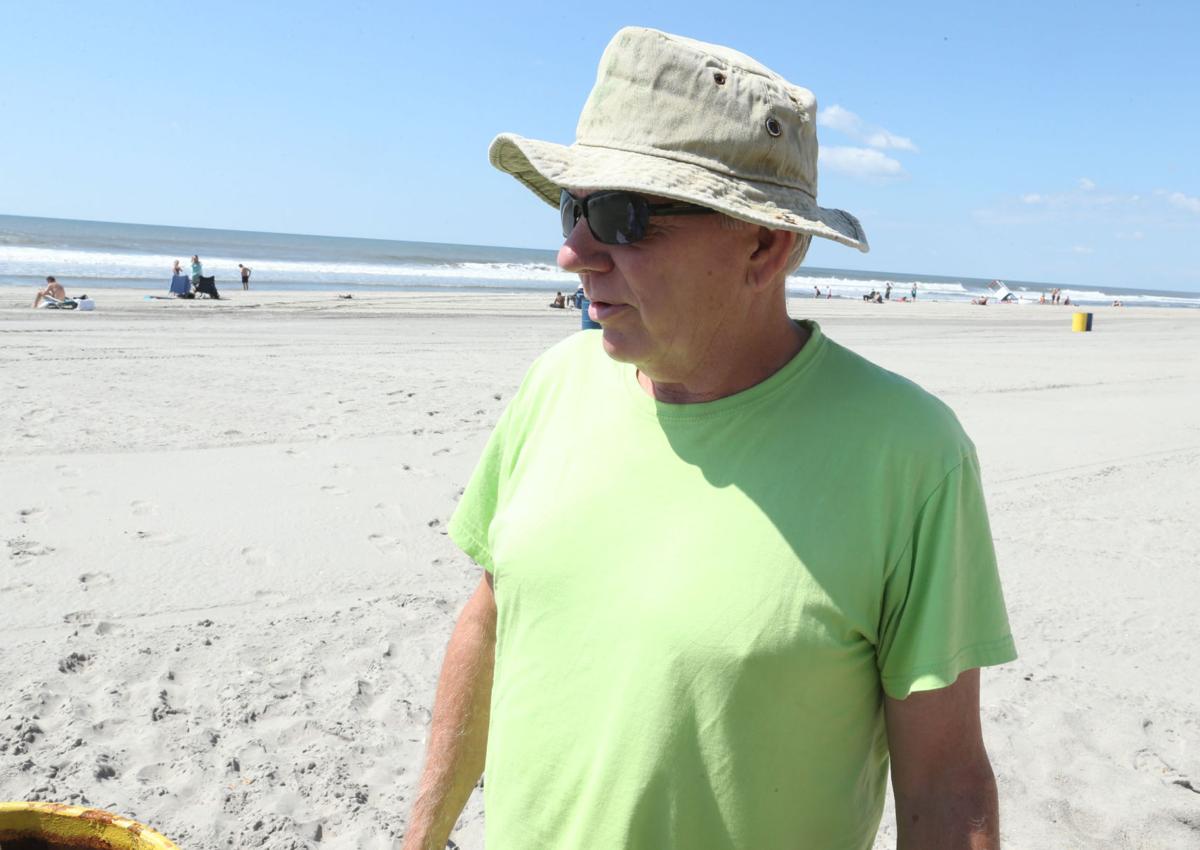Editor’s Note: Information about the novel coronavirus is rapidly changing. As a result, some of the information or advice in this article may be out-of-date. You can find The Atlantic’s most current COVID-19 coverage here.


I would prefer to just go away during one of those times because I can’t afford to always travel. I will be travelling ALONE. I can either take an inexpensive vacation at the end of August and spend a few days at Atlantic City. Or I can save up and go to Disney World for about four days at the beginning of December. Latest COVID-19 coronavirus data and map for Atlantic City, NJ Advertisement. As much as possible, you should stay in a specific “sick room” and away from other.
In a time when a novel virus is still spreading quickly, a gathering of friends can now look more like a mob of disease vectors. Many of us are wondering, How many people is too many people to be around? The larger the crowd, after all, the greater the chance that someone in it will have the coronavirus.
Tokyo has already canceled its marathon for all but professional runners. (More than 37,000 runners took part last year.) The March meeting of the American Physical Society in Denver has been canceled. (Organizers anticipated 10,000 attendees.) Workday canceled a sales conference in Orlando, and Google and Facebook have also scrapped multiple events. (Last year, one of these, F8, drew 5,000 attendees.) Seemingly overnight, the coronavirus has people rethinking concerts, vacations, and even getting to work on public transportation.
This is not an unreasonable conversation to be having with yourself about COVID-19, the disease caused by the virus. “There are people who are walking around who must have it, or have had it very recently, or are about to have it,” Helen Chu, an infectious-disease professor at the University of Washington, told me. For that reason, she added, canceling major public events, such as marathons and conferences, is a “wise choice.”
Recommended Reading
Photos: Life in the Time of Coronavirus
Alan TaylorThe Coronavirus Outbreak Could Bring Out the Worst in Trump
Peter Nicholas
Recommended Reading
Photos: Life in the Time of Coronavirus
Alan TaylorThe Coronavirus Outbreak Could Bring Out the Worst in Trump
Peter Nicholas
A surprising number of people with a wide array of health conditions—including diagnoses as common as asthma—should be more cautious than usual. But most Americans shouldn’t necessarily be avoiding crowds and airplanes at this point, experts say. Instead, some risk assessment, both on an individual level and a societal level, is going to be required..
Currently, the Centers for Disease Control and Prevention recommends that all Americans avoid nonessential travel to five countries: China, Italy, South Korea, Iran, and Venezuela. Some companies, including Twitter, have suspended all employee travel. But beyond that, there are weddings, conferences, vacations, and funerals to get to by plane. COVID-19 is transmitted through coughing or sneezing, so staying six feet away from people will help minimize the risk that someone else’s cough droplets will land on you. If you’re getting on a plane, however, that won’t be possible. And the closer you’re sitting to a fellow passenger who’s sick, the likelier you are to get COVID-19 from that person.
On a more typical day, the average American city dweller might take a crowded train to a packed, open-plan office, then go to a bustling PTA meeting after work. According to Chu, people who already have a chronic illness or are at risk of getting one should avoid these types of crowds as much as possible. This includes people with cancer, people over the age of 65, and people with respiratory diseases such as chronic obstructive pulmonary disease, emphysema, or even asthma.


People with asthma are not more likely to catch COVID-19, but they are more likely to fare poorly if they do. Asthma and similar health conditions cause the lungs to have trouble exchanging air, a situation that viruses such as the flu and the coronavirus exacerbate by filling the lungs with inflammatory cells, Chu said.
Should I Go To Atlantic City Md
There’s no hard cutoff for when a crowd becomes too risky for an asthmatic or elderly person. It’s not that, say, the opera is definitely off-limits but work meetings are guaranteed to be fine. Chu said she recommends that people who have asthma or a lung disease or are otherwise immunocompromised start thinking about telecommuting from work right about now.
For everyone else, decisions depend on what Amesh Adalja, a senior scholar at the Johns Hopkins University Center for Health Security, calls personal “risk preference.” That is, how worried are you about catching COVID-19? If you’re relatively young, healthy, and traveling to a place other than the five restricted countries relatively soon, you might decide that the risk of catching the disease is worth whatever it is you’re doing. Adalja told me that he has not canceled any of his public appearances. Two other experts told me that it’s still too premature for healthy people living in areas without a large number of cases to avoid gatherings or otherwise change their plans. Instead, says Henry Wu, the director of the Emory TravelWell Center, in Atlanta, the advice is the same as it has been for the rest of day-to-day life: They should just wash their hands often, cough into the crook of their elbow, and avoid touching their face.
Should I Go To Atlantic City Council

Should I Go To Atlantic City Covid
Of course, for some people, staying inside for a few weeks would be easier than going a single day without a good face-touch.